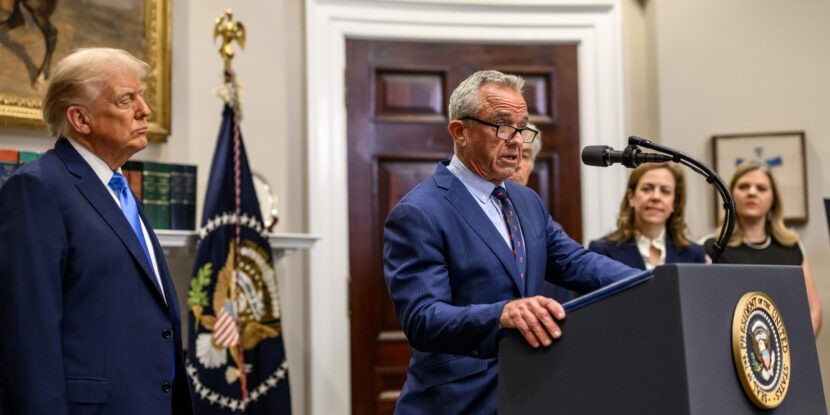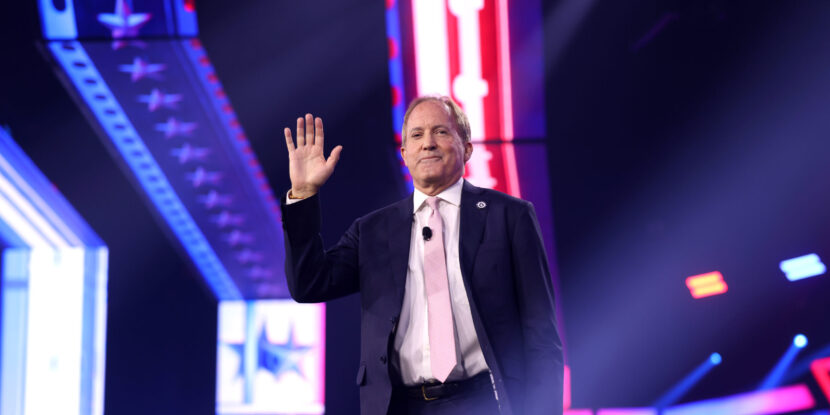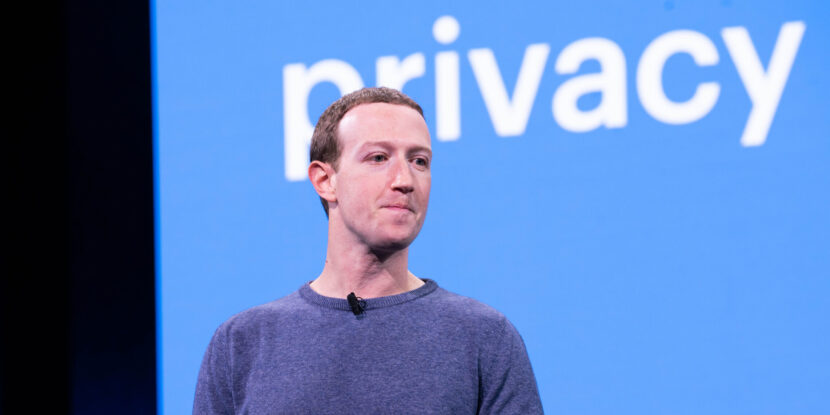❓WHAT HAPPENED: Walmart announced it will remove synthetic dyes, artificial sweeteners, and over 30 other additives from its store brands in compliance with the “Make America Healthy Again” agenda.
👤WHO WAS INVOLVED: Walmart, Health and Human Services (HHS) Secretary Robert F. Kennedy Jr., and the Trump administration.
📍WHEN & WHERE: Changes are expected to be fully implemented by January 2027, with reformulated products hitting shelves in the coming months.
💬KEY QUOTE: “Our customers have told us that they want products made with simpler, more familiar ingredients—and we’ve listened.” – John Furner, Walmart U.S. CEO
🎯IMPACT: Walmart’s reformulation is expected to improve over 1,000 products and aligns with broader efforts to improve food quality and public health.
U.S. retail giant Walmart says it will eliminate synthetic dyes, artificial sweeteners, preservatives, and over 30 other additives from all of its store brands. The changes are set to impact over 1,000 products ranging from salty snacks to salad dressings and power drinks. Reformulated items will begin appearing on shelves in the coming months, with a full rollout expected by January 2027.
“Our customers have told us that they want products made with simpler, more familiar ingredients—and we’ve listened,” said John Furner, President and CEO of Walmart U.S. Notably, the move aligns the company with the Trump administration’s “Make America Healthy Again” (MAHA) initiative, which aims to address the underlying factors contributing to the nation’s growing health issues.
Department of Health and Human Services (HHS) Secretary Robert F. Kennedy Jr. has worked closely with companies like Walmart, PepsiCo, and Tyson Foods to phase out synthetic food dyes and other controversial additives.
In addition to Walmart’s efforts, the Department of Agriculture (USDA) and HHS have collaborated to restrict food stamp purchases to healthier options, cutting out sugary drinks and candy. At least 12 states have received waivers to adjust their Supplemental Nutrition Assistance Program (SNAP) guidelines accordingly.
“We are spending $405 million a day on SNAP, and about 10 percent is going to sugary drinks. If you add candies to that, it’s about 13-17 percent,” Kennedy said, emphasizing the need for healthier food options. He believes that taxpayers “should not be paying to feed the poorest kids in the country food that will give them diabetes.”
Join Pulse+ to comment below, and receive exclusive e-mail analyses.




















